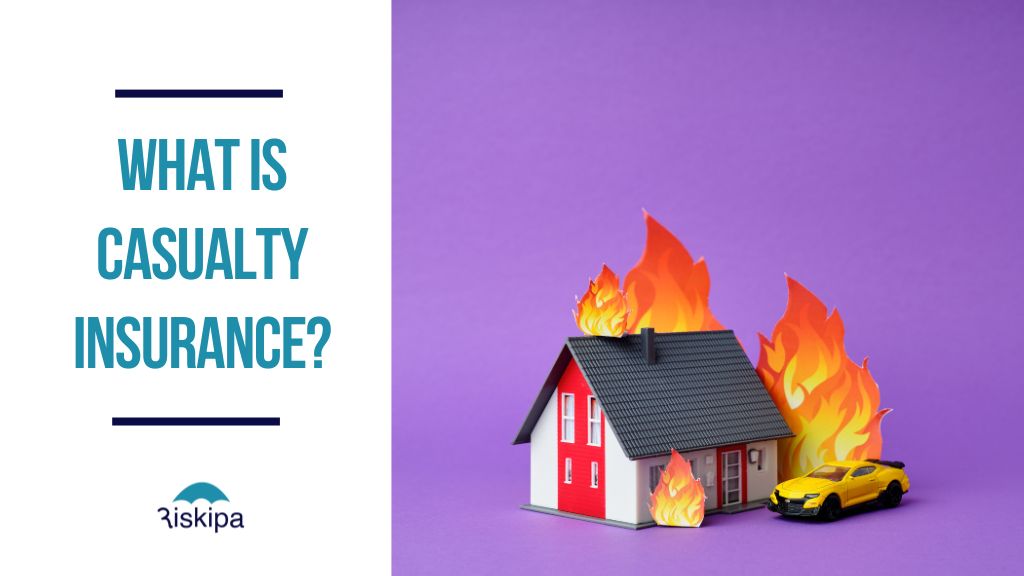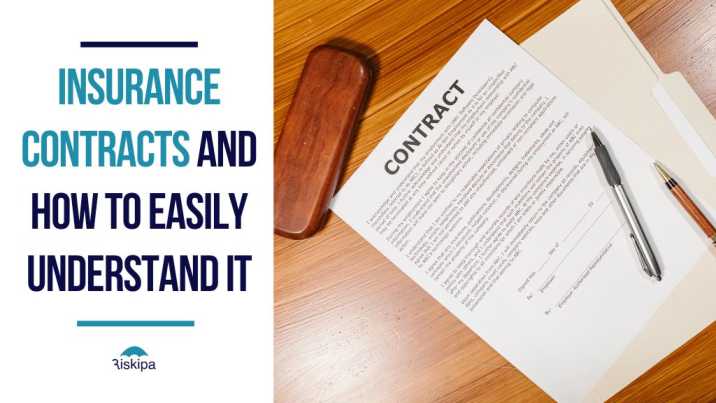
You might wonder how liability and car insurance work hand in hand. Hold on! In this guide, we will delve into the perplexities of liability car insurance, exploring its importance, types, and various factors affecting it.
What is Liability Car Insurance?
Liability car insurance is an essential aspect of auto insurance that offers financial security should you inflict harm or damage to third parties while driving your vehicle.
Be it bodily injury or property damage arising from an accident, liability coverage assists you in covering the bills about legal charges, medical bills, property repairs,
and others. Moreso, comprehending the ins and outs of liability car insurance Is crucial for all drivers, as it not only helps them comply with state demands but also offers peace of mind and serves as a safety net for your financial well-being.
Read Also: What is Liability Insurance?
Importance of Liability Car Insurance
Liability car insurance is highly encouraged and crucial for any responsible car owner, this is because accidents are bound to occur, and they can be quite expensive. However, without liability coverage, you could be held accountable for the damages you cause, which can rapidly make you go insolvent and leave you in financial constraints.
But with this policy, you get covered for the costs of property damage and medical bills for others involved in the accident.
How Liability Coverage Works
With liability coverage, your insurer will settle all the expenses of property damage and medical bills for the third party involved in the accident, following your policy limits.
Take for instance, if you collide with someone’s car and their car needs repair, your liability coverage will take care of the expenses.
Types of Liability Car Insurance Policies
1) Bodily Injury Liability Coverage
This settles the bill associated with medical expenses, pain, and suffering. As well as lost wages for other people involved in the havoc you caused.
In a nutshell, it helps take care of the human side of the equation. And ensures that injured parties get the required treatment without any of these coming from their pockets.
2) Property Damage Liability Coverage
Takes care of the costs of repairing or replacing a third party’s property, such as their vehicle or other damaged parts. So, if you unintentionally crash into someone else’s fence, your property damage liability coverage has got you covered.
3) Combined Single Limit Liability Coverage
Combined single limit (CSL) liability coverage merges both bodily injury and property damage liability into a single total limit fee. With CSL coverage, you have more options or choices in how the coverage is divided. Which is between bodily injury and property damage. Hence, giving you more extensive security in case of an accident.
Read Also: How is Car Insurance Valued in Canada
Factors Affecting Liability Insurance Premiums
Driving Record and Claims History
When it comes to liability car insurance, your driving record and claims history can have a huge influence on your premium rates.
Take for instance, if you have a history of accidents and claims. Insurers may administer you a bigger risk and charge you high for coverage. Alternatively, if you’ve had a smooth and clean driving record, you may be compensated with lower premiums.
Vehicle Type and Safety Features
Believe it or not, the type of vehicle you drive might impact your liability insurance premiums. That insurance firm takes into account factors like vehicle reparation or replacement fees in the event of an accident. Also, vehicles with some safety features, such as anti-lock brakes and airbags, may be deemed fit for lower premiums. Since they can help lessen the risk of injuries.
Location and Usage Patterns
Your residential area and how often you use your vehicle can also influence your liability insurance premiums. If you live in a densely populated area with frequent occurrences of accidents, you may face greater premiums. Likewise, if you use your car for long journeys or frequent road trips, insurers may classify you as a higher risk and charge accordingly.
Editor’s Recommendations:
 Colors
Colors 








